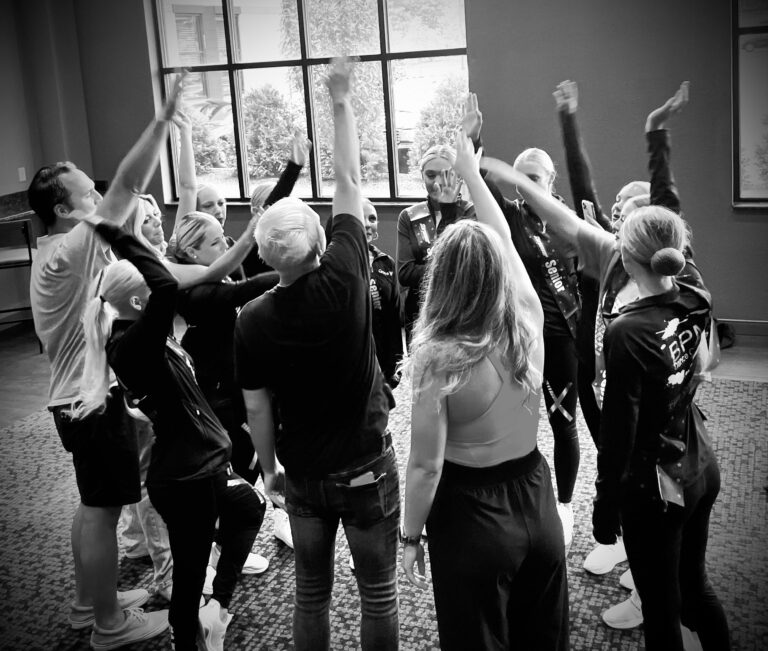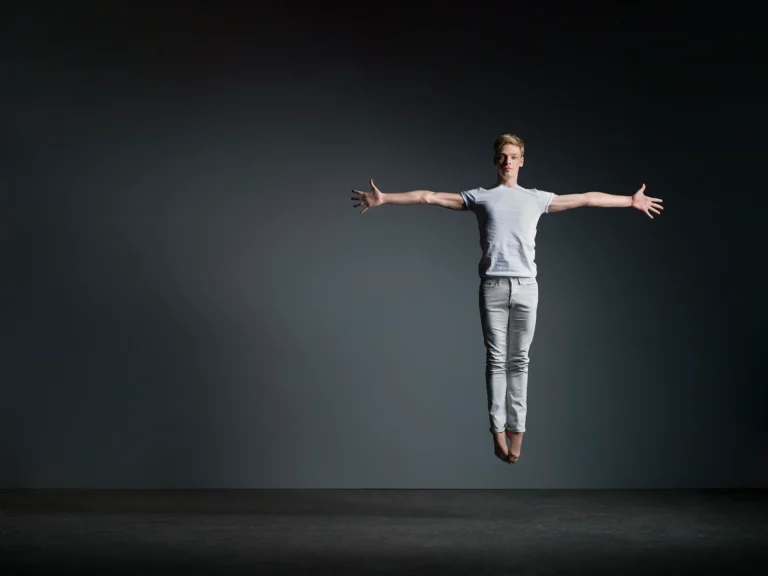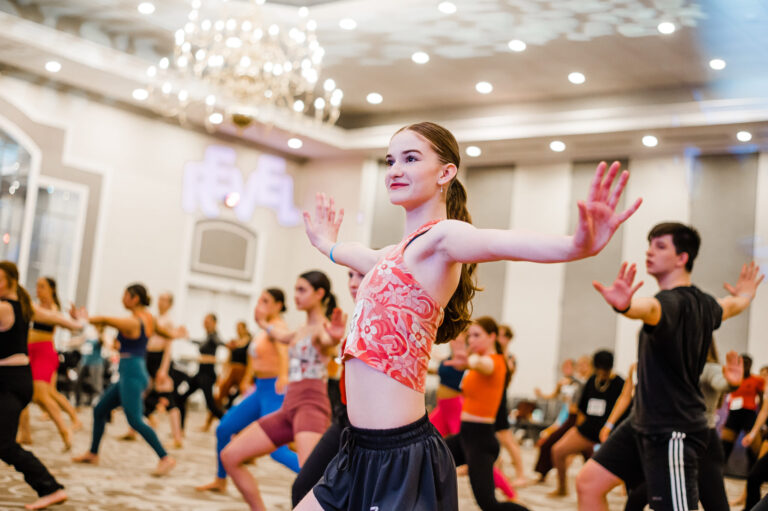
If you’ve led morning classes or rehearsals, you may be familiar with those dancers who enter the studio carrying a coffee from the closest café, or whose floor stretches look, in part, like an excuse to stay horizontal—and perhaps you feel their pain. Denise Warner Limoli is familiar with this scene; she teaches 9 am ballet classes at Skidmore College. Sleepy dancers, she notices, tend to be slow on the pickup. “A dancer usually has very fast responses, and sleep-deprived dancers are a little slow to react,” she says. “They don’t learn assigned combinations quickly, or they make mistakes that they should not be making at their level of accomplishment.”
It’s easy, and sometimes inevitable, to skimp on shut-eye when classes and rehearsals require major time commitments. But sleep, or lack of it, can seriously affect your performance both physically and mentally. But don’t take our word for it. Check out the science behind why your dancing body and brain need sleep as part of a healthy training regimen.
Stay sharp to avoid injuries
A major benefit of sleep is that it reduces athletes’ risk of injuries, says Lyle Micheli, attending physician for the Boston Ballet. He points to a study in young athletes that found those who slept fewer than eight hours per night were 1.7 times more likely to have an injury than those who slept eight hours or more.
“Lack of sleep decreases a person’s mental vigilance, as well as reaction time,” explains study author David Skaggs, of Children’s Hospital Los Angeles. So it’s no illusion—you really can be clumsier when you’ve underslept. And when dancers stumble over their own feet, it can have serious consequences or even leave them sidelined for the season.
On the plus side, another study found that extending sleep time improved basketball players’ reaction time, shooting accuracy and sprint speed. Just think how snappy your brisés could be if you start getting a few extra Zs.
Once more from the top…
A good night’s sleep may seem like a waste of valuable rehearsal hours, especially during pre-performance crunch time, but sleep is important for memory consolidation, the process by which new memories are packed away more permanently in the brain.
Studies have found that if people practice a movement task, sleep on it and try again, performance improves, even without additional practice. “It’s Practice, with Sleep, that Makes Perfect,” as one review article about sleep and memory consolidation is aptly titled. In one study, researchers had a group of participants learn a dance with an interactive dance video game, sleep on it and try the dance again in the morning. A second group learned the dance in the morning and was retested that evening with no sleep in between. Those who slept between tests performed markedly better when retested, suggesting that sleep had helped participants retain the movements.
Restore, repair and rejuvenate
“Sleep allows the body to restore the structure, if you will, of the muscles, fibers and ligaments,” Micheli says. It’s during the later stages of sleep, or deep sleep, when most muscle repair occurs and also when the body releases growth hormones that probably promote this repair, Micheli says, noting that more research is needed to fully understand how all this works. Some repair may also occur during daytime rest periods, Micheli says, but researchers think more happens during sleep. So if you’re losing sleep, your muscles will probably not recover as well from the stress of your daily workouts and could be more vulnerable to injury.
Put it on automatic
On the plus side, Warner Limoli says that in her experience, a little sleep debt is unlikely to affect a dancer’s final performance onstage, simply because the movements become so ingrained in the body. “I realized as a professional ballerina that there were times when I had to really rely on muscle memory,” she says. “Just shift into automatic and do what your body has been trained to do.” But you can only rely on your body if you’ve laid the groundwork for healthy dance training—and that means making time to get the sleep you need to learn and perform your best.



